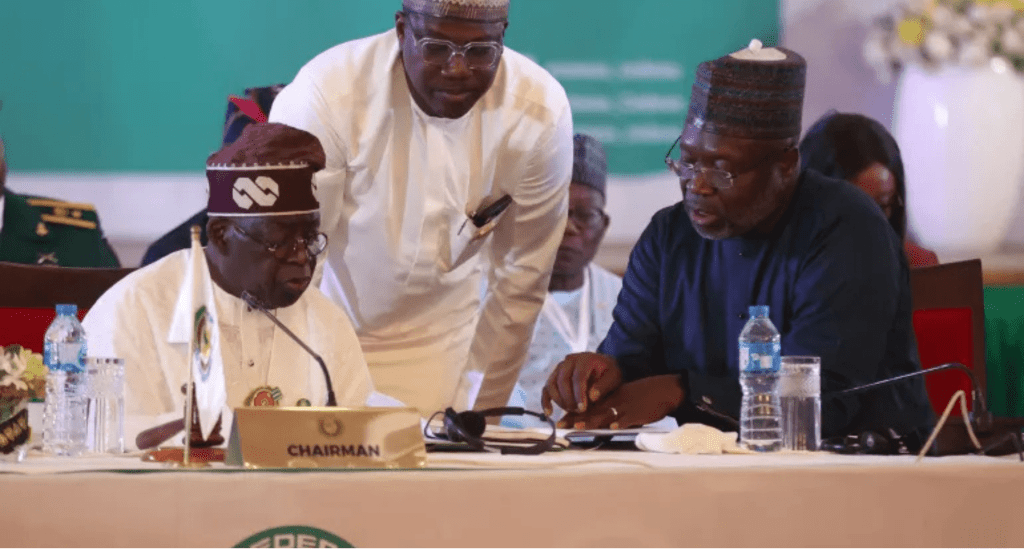President Bola Ahmed Tinubu hosted the 66th Ordinary Session of the Economic Community of West African States (ECOWAS) at the Aso Rock Presidential Villa, where major discussions centered on regional security, economic collaboration, and the status of Mali, Burkina Faso, and Niger.
Key Highlights of the Summit
- ECOWAS Withdrawal Grace Period
Representatives from Mali, Burkina Faso, and Niger confirmed their intention to exit ECOWAS, citing political sovereignty and recent tensions with the bloc. The nations agreed to a grace period, ensuring an orderly withdrawal by January 2025. - Dialogue on Regional Stability
ECOWAS leaders deliberated on the impacts of the withdrawals and emphasized the need for continued cooperation on shared regional goals, including counter-terrorism, economic stability, and humanitarian efforts. - Tinubu’s Leadership Role
As Chairperson of ECOWAS, President Tinubu reaffirmed his commitment to fostering dialogue and unity within the bloc. He stressed the importance of maintaining diplomatic relations with the departing states to avoid further fragmentation in West Africa.
Implications for ECOWAS
The departure of Mali, Burkina Faso, and Niger signals a significant shift in the dynamics of the bloc. These nations have played pivotal roles in regional peacekeeping and development initiatives. However, strained relations, particularly following coups in the departing states, have fueled their decision to exit.
The bloc now faces the challenge of realigning its strategies to accommodate the withdrawals. Leaders at the summit proposed measures to strengthen ties with remaining members while exploring avenues for collaboration with the exiting nations in areas of mutual interest.
Outlook for 2025 and Beyond
While the withdrawals mark a historical turning point, ECOWAS is expected to recalibrate its priorities to address emerging challenges in regional governance, security, and economic integration.




















